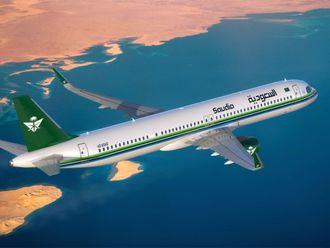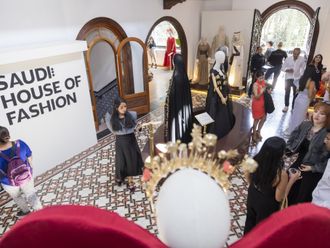Manama: Saudi Arabia’s labour ministry said that the shift to the Friday-Saturday weekend by the end of the month would not affect the status of Friday as the day off in the private sector.
Under the current labour regulations, private sector employees are entitled to one official day off, Friday, the ministry said in a statement carried by the local media. Employers who gave their private sector employees two days off a week acted on their own decision to keep in line with the public sector, the statement said.
“The initiative to have two days off for the private sector is still being debated by the Shura Council,” Hattab Al Enezi, the spokesperson for the ministry, said. “If the recommendation is approved, then the private sector will give two days off, most likely Friday and Saturday,” he said.
King Abdullah Bin Abdul Aziz on Sunday ordered the weekend switch from Thursday-Friday to Friday-Saturday “to better serve the Saudi economy and international commitments.” The switch will also help “reduce the negative repercussions on economic and financial activity in the kingdom and make up for lost economic opportunities.”
The order was readily welcomed by the business community for economic and financial considerations and by most Saudis who wanted their country to be aligned with fellow Gulf Cooperation Council (GCC) member states. Until the order was issued Saudi Arabia was the only country in the six-member alliance to have kept the Thursday-Friday weekend. Oman on May 1 became the fifth GCC member to adopt the shift following a decree by Sultan Qaboos Bin Saeed.
Saudi media reported positive feelings among business people who said that the switch would boost their “interface contacts” with the international community and enhance their deals. Online enthusiasts welcomed the decision as a new step towards greater integration between the GCC member states. “We are proud that King Abdullah made this decision that ended the Byzantine discussions over the merit of the Friday-Saturday weekend,” Abu Ayman posted on Saudi daily Al Madina website. “We simply cannot live isolated from others or seek to be different. This switch could signal a new chapter in the modernism drive in the country as it is a sound reading of the imperatives and requirements of modern life, particularly in areas related to the economy and to commerce. We are part of the world and we have a lot to share,” he wrote.
Abu Ayman added that he prayed the next step would be to allow women to drive. “We have witnessed great changes and women have gained several rights in politics, commerce and education. The next historic step should be to allow them to drive.”










